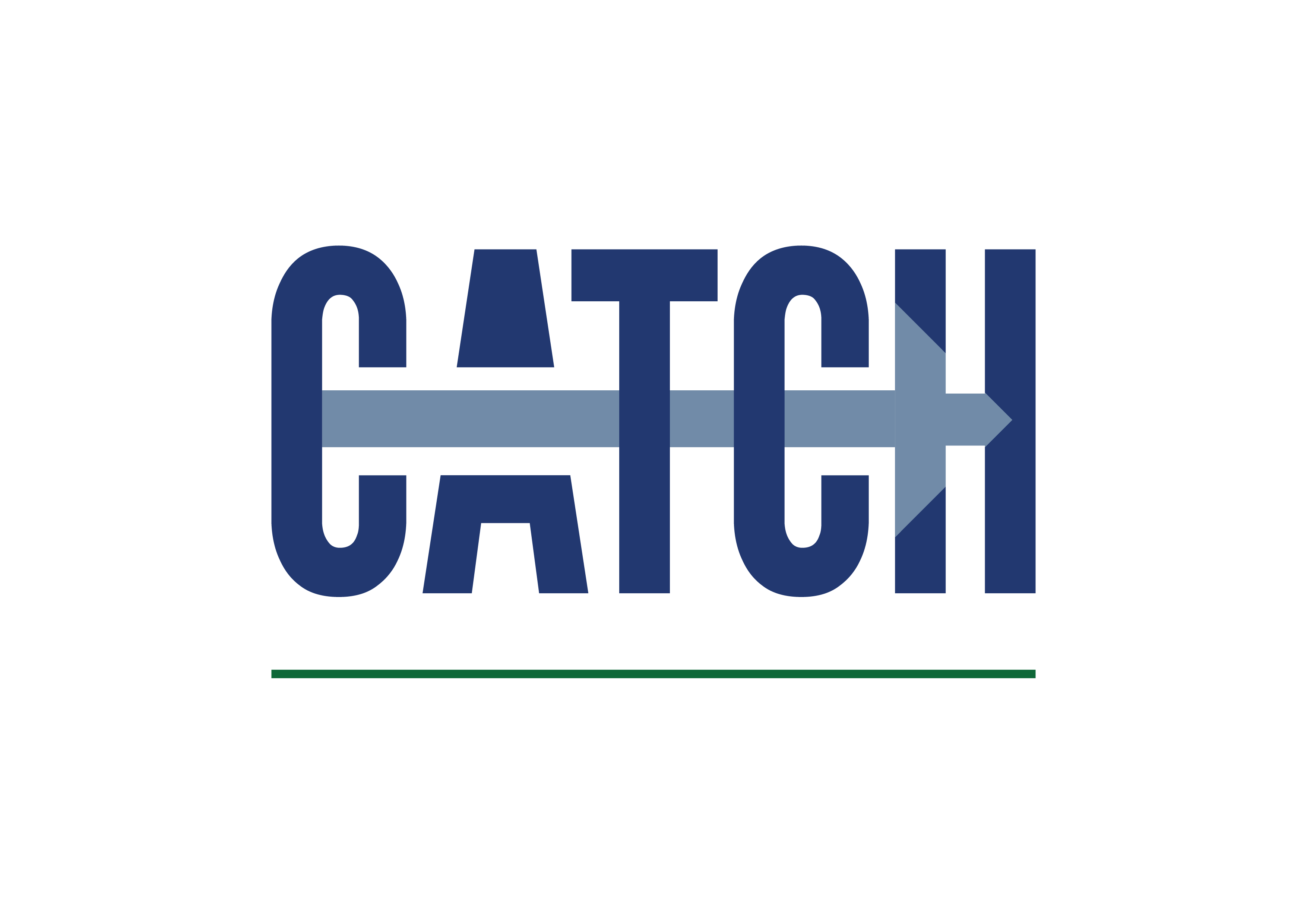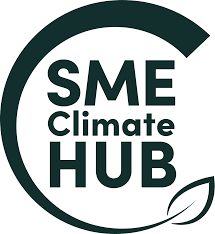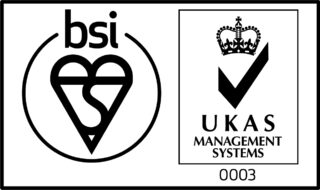Humber Industrial Decarbonisation Network – 15th July 2020

The second Industrial Decarbonisation network brought together 24 participants from around the region. The network was the first blended meeting, of speakers and participants at the CATCH site, socially distanced and many dialing into the meeting via MS Teams. The meeting commenced with David Talbot introducing the speakers and commenting on the Humber regions status as the largest cluster for C02 emission in the UK, and that the region has the potential to be a world leader in terms of decarbonisation.
David Theakston, project development engineer at VPI Immingham, started the presentations with an overview of the Humber Zero project between a number of partners including, lead partner VPI, Uniper, Philipps 66 and Total LOR. David explained that the project goal is to reduce CO2 by 8MT per year. He explained the pathways and project components such as green Hydrogen, post combustion at refineries and the land available and concept layouts at Uniper and Phillips 66. David then explained in more detail the project plan including feeds and costs, plus how to link into a new proposed CO2 transport and storage system.
Next, Martin Hopkins from Velocys presented how to develop sustainable aviation fuel (SAF). Martin advised that the International Civil Aviation organization has an aim to reduce CO2 production by 50% – many of the larger airlines have signed up. Then he covered other drivers such as the UK excess waste and the government priorities such as net zero, local air quality and inward investment. SAF is key to decarbonizing the aviation industry. Next Martin gave an overview of the Grimsby Altalto project to build the UKs first commercial household waste to fuels plant, using household waste as the sustainable feedstock. The process saves 600,000 Tons a year of non-recyclable waste going to landfill. Martin outlined the benefit of this is CO2 ready to be captured for use or storage. The main advantages of these plants are that there is a 70% reduction in greenhouse gasses, reduction in pollutant emissions as it is a clean burning fuel, and a reduction in waste to landfill. Martin also covered using wood chips as a feedstock.
Katie then gave a short update on the project that CATCH is working on – Innovate UK has funded CATCH and the Humber LEP to develop its methodology for a Roadmap to decarbonise Humber industries. CATCH and the Humber LEP are applying for Phase 2 funding to deliver their Roadmap from January 2021 through to March 2023.
There is a webinar taking place on the 30th July – Targeting Industrial net zero in the Humber region – which explains the project in more detail. You can find details of the webinar here. https://catchuk.org/webinar-targeting-industrial-net-zero-in-the-humber-region/
The next Humber Industrial Decarbonisation Network will take place on 21 October.
If you would like further information on HIDN please contact Katie – katie.hedges@catchuk.org






